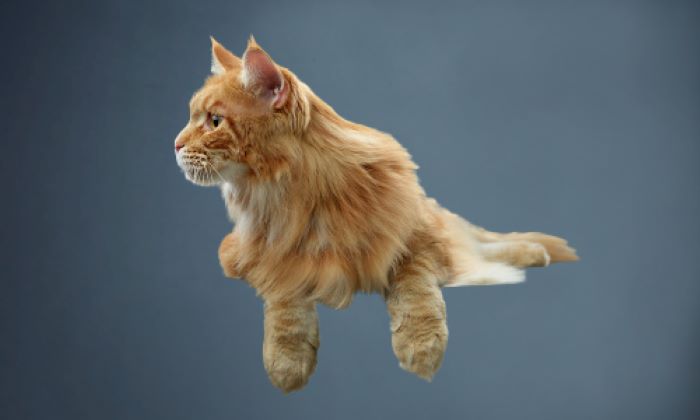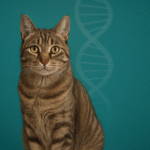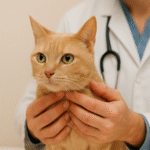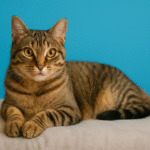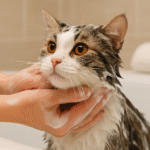At about 12 months of age, switch your pet to a maintenance diet for adults. Once your kitten is grown, its nutritional needs are reduced considerably from those during the rapid development of that first year.
Continuing to feed your adult pet high levels of minerals (particularly calcium and phosphorus), protein, and energy (calories) could lead to problems later in life.
Just as we are finding that excess intake of certain dietary nutrients (like phosphorus, sodium, and fat) are harmful for humans over long periods, certain excesses might also contribute to diseases such as kidney failure, heart failure, obesity, and diabetes in adult and senior pets.
Also, we know that reducing the level of key nutrients in the adult’s diet to meet but not greatly exceed its needs is never harmful. Good quality, scientifically designed, adult-maintenance diets always contain these reduced and balanced nutrient levels.
Guidelines for feeding adult cats include:
- Feed a high-quality, complete, and balanced diet specifically designed for adults. Be aware that foods that say they are “complete and balanced for all life stages” are actually designed for kittens, since they have been formulated to meet the needs of the most demanding life stage, namely, growth. They contain excesses of most nutrients for adults and seniors.
- It is best not to give supplements or treats to your adult cat. If you must give an occasional food snack, use either a small amount of the regular food, or fresh, unsalted vegetables cut up in bite-size pieces.
- Adult cats can be fed free-choice. Use the manufacturer’s recommended feeding amounts as a starting point only. If your pet gains weight, reduce the portion offered. If your pet starts to lose weight, increase the amount you feed. A veterinarian can help you decide what your pet’s optimum weight should be. Once you know this, weigh your pet periodically to prevent weight loss or gain from becoming a problem.
- Some pets show a pronounced tendency to gain weight as they grow older, despite eating only moderate amounts of an adult maintenance diet. For these, follow the instructions for overweight pets in this article.
- Pregnant cats will need extra nutrition during the last few weeks of pregnancy and throughout lactation. Growth diets fulfill this role well. Feed such a food starting in the last trimester of pregnancy and continue it until all kittens are weaned. Also, feed her free-choice, and do not add vitamin/mineral supplements unless your veterinarian recommends it.
